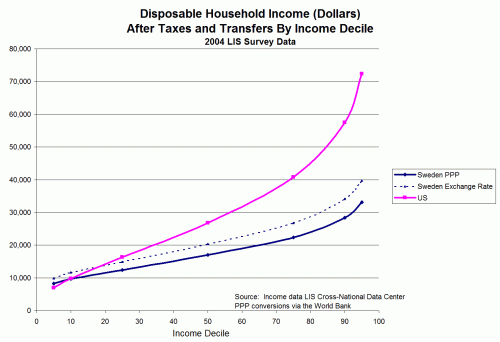How Different Is Trump From Other Politicians?
This was an interesting profile of Trump featuring his ghostwriter on Art of the Deal. Frequent readers will know that even years before he came on the Presidential stage, I was never taken in by the Trump-is-a-great-businessman meme (most recently here).
In the New Yorker article, Trump's ghost says that Trump is not nearly as smart as he is made out to be, he is petty and childish and vain and self-absorbed. He apparently makes promises he never keeps and has made a mess of a number of his businesses. He has a short attention span and a shallow understanding of most issues.
Which all leads me to ask -- how does this make him any different from most other politicians, including the one he is running against for President? Is he unique in these qualities or merely unique in his inability or unwillingness to hide them? Does he have more skeletons in his closet, or does he just engender less personal loyalty so that more of his insiders speak out?
Don Boudreaux quoted a great bit from H.L Mencken the other day:
The state – or, to make the matter more concrete, the government – consists of a gang of men exactly like you and me. They have, taking one with another, no special talent for the business of government; they have only a talent for getting and holding office. Their principal device to that end is to search out groups who pant and pine for something they can’t get, and to promise to give it to them. Nine times out of ten that promise is worth nothing. The tenth time it is made good by looting A to satisfy B. In other words, government is a broker in pillage, and every election is a sort of advance auction sale of stolen goods.
